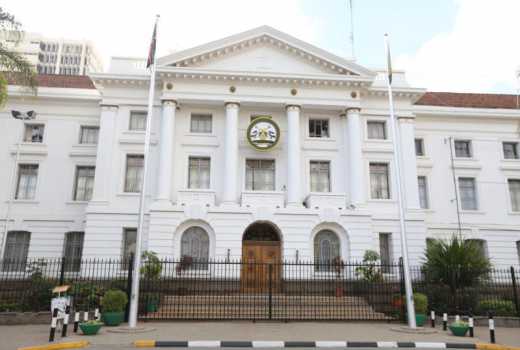×
The Standard e-Paper
Home To Bold Columnists

City Hall operated secret bank accounts and may have lost up to Sh21 billion of taxpayers money under former Governor Evans Kidero, an audit has revealed.
The audit, carried out by KPMG, shows that the county government maintained a huge chunk of its cashbooks in manual format, making it impossible to ascertain the actual financial position of City Hall by the time Dr Kidero (pictured) was leaving office.